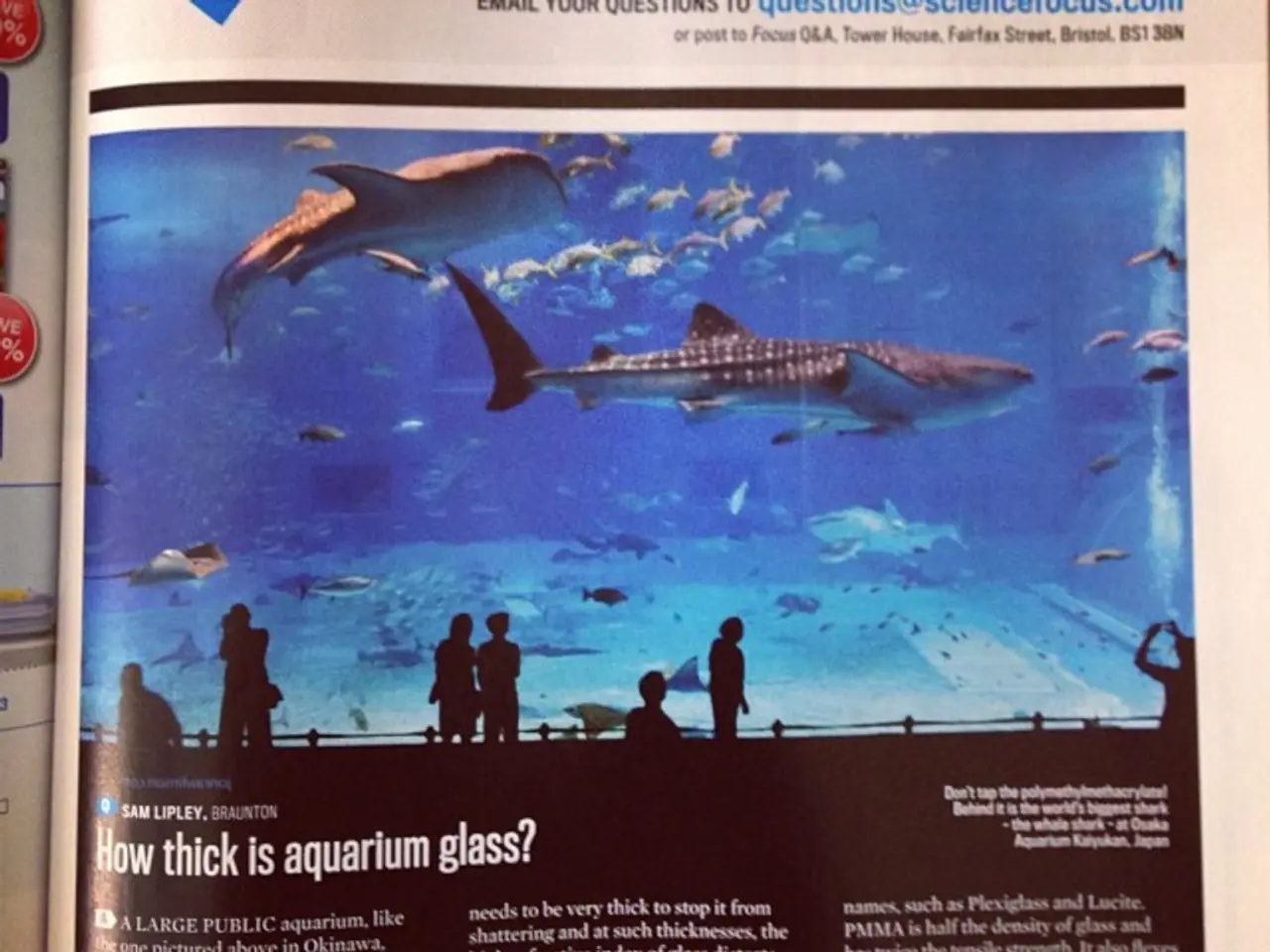Restored from Brink of Extinction: The Local Fishermen of Lake Maggiore
In the picturesque Lake Maggiore, nestled between the Italian and Swiss Alps, lies the Cooperativa pescatori acquacoltori del Golfo di Solcio. This cooperative, one of only two existing in the Lake Maggiore basin, has been a cornerstone of the local fishing community for years.
The cooperative, based in Lesa, Novara province, is involved in more than just fishing. It deals with fishing, processing, selling fish, and catering. The cooperative maintains nine vessels moored in various locations around the lake, and its members pay an annual share of the Borromeo fishing rights fee, totalling 30,000 euros.
Giorgio Brovelli, aged 68, serves as the president of this cooperative. He started fishing at 14 years old and learned the trade from Giuseppe (Pepi) Ruffoni. Brovelli has the authorization to fish in the entire Lake Maggiore's waters. With his extensive experience, an experienced fisherman like Brovelli can catch nearly a hundred quintals annually.
However, the profession of lake fisherman, dating back thousands of years, is at risk of disappearing. Brovelli wishes to continue working for a few more years to find someone to teach the trade to and keep the tradition alive. Finding fishermen is challenging for the cooperative; finding Italians is impossible, and even with foreigners, there are major difficulties.
The cooperative requested four fishermen, two from Bangladesh and two from Sri Lanka, but due to management issues and quotas, they cannot be brought to Italy. The monthly wage for fishermen in the cooperative hovers around 1,400 to 1,500 euros. Fishermen who handle processing and/or deliveries earn more than those who only fish.
The lake fisherman sector in Piedmont, Lake Como, and Lake Garda is facing difficulties due to climate factors, dietary changes, competition from industrial fishing, and regulatory restrictions. Environmental pressures such as water quality degradation or climate change impacting fish stocks, regulatory and governance issues affecting fishing rights and cooperative management, economic challenges due to regional economic disparities in Italy, and the need for sustainable practices aligned with broader EU and national goals for environmental protection are likely challenges for these cooperatives.
Despite these challenges, the Cooperativa pescatori acquacultori del Golfo di Solcio is not only surviving but also thriving. It is involved in catering, managing Osteria "La Vecchia Scuola" in Lesa and restaurant "Da Gio'" on a barge in the Gulf of Solcio. The cooperative employs 26 summer employees and 21 year-round, ensuring a steady workforce to maintain its operations.
The other existing cooperative in the Lake Maggiore basin is the Società Cooperativa dei Pescatori Professionisti del Lago Maggiore, based in Stresa, Verbania province. The search for precise, up-to-date information about these cooperatives’ challenges, particularly in Piedmont and the Lake Maggiore basin, requires local studies, government reports, or specialized fisheries research.
As Brovelli looks towards the future, he hopes to find someone to continue the tradition of lake fishing in the region. His wish is that the Cooperativa pescatori acquacoltori del Golfo di Solcio, and lake fishermen cooperatives like it, will continue to thrive and pass on the rich history and culture of lake fishing to future generations.
- Despite the challenges faced by the lake fisherman sector, such as climate factors, dietary changes, and regulatory restrictions, the Cooperativa pescatori acquacoltori del Golfo di Solcio expanses its reach beyond fishing, venturing into home-and-garden businesses like catering, managing Osteria "La Vecchia Scuola" in Lesa and restaurant "Da Gio'" on a barge in the Gulf of Solcio.
- As the president of the Cooperativa pescatori acquacoltori del Golfo di Solio, Giorgio Brovelli, envisions a future where the cooperative, a cornerstone of the local fishing community, not only survives but also flourishes, preserving the other lifestyle and rich tradition of lake fishing for future generations.




